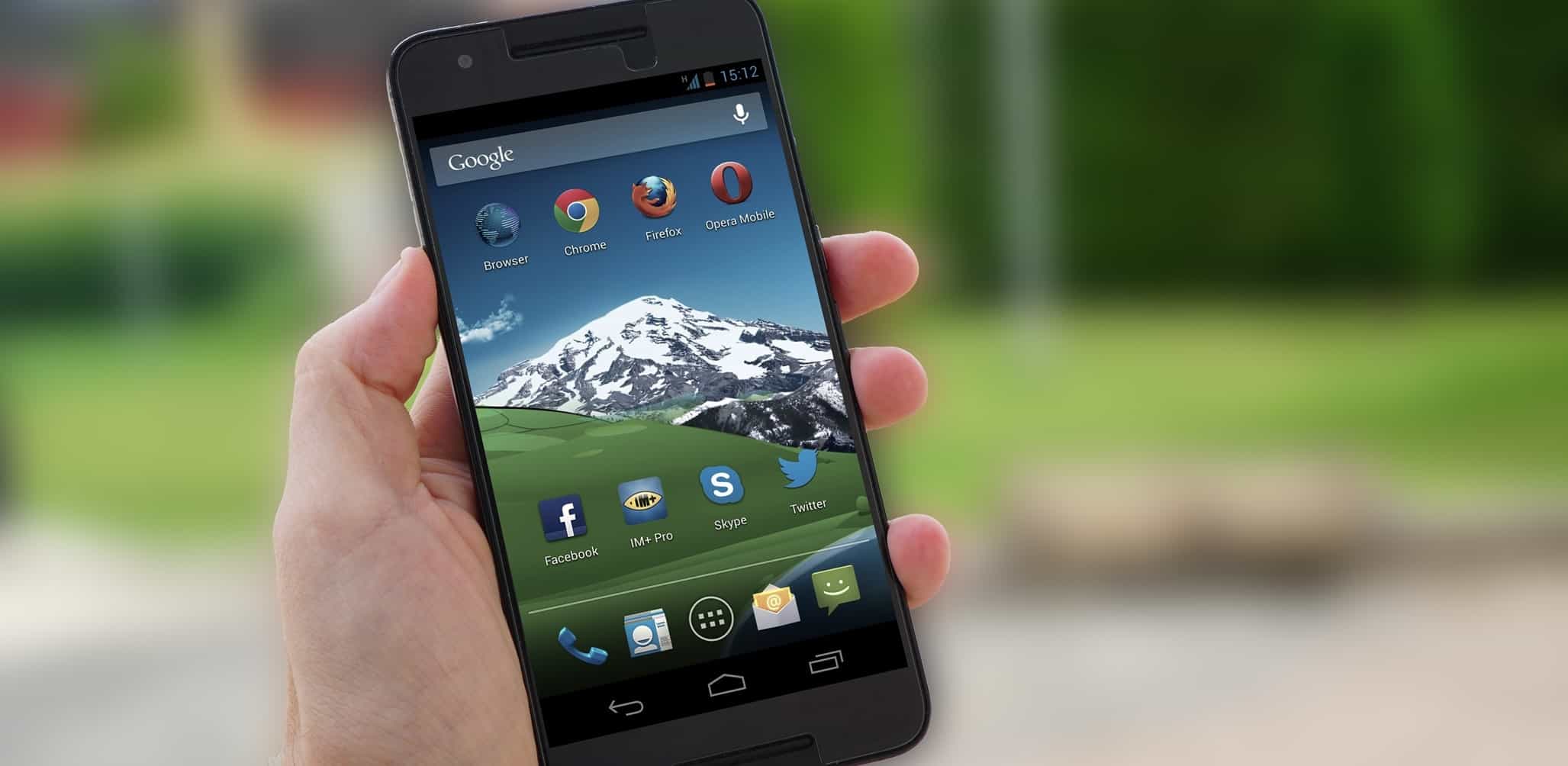The Cambridge Analytica scandal has brought to light for consumers exactly how much personal data Facebook and other companies may have. But we’ve heard little about and from the wireless carriers. Where are T-Mobile, AT&T, Verizon/Oath, Sprint, and others (who have their own troves of data) in this conversation, some might ask? I’ll tell you where. They’re in the catbird seat.
The Fair Value Exchange
It all starts with fair value exchange. Advertising, as we know it, is the price consumers pay for “free” content. People will put up with full-page takeovers and autoplay video ads in return for the articles, videos, and audio content they love. Over the years, however, we’ve weighted the scales a bit: we’ve begun collecting data from consumers in exchange for more targeted advertising. As an industry, we believed that this was acceptable because in exchange users were receiving more “personalized” ads, “better” messages, and offers targeted to their “interests.” But, did we ever ask them if pushing this envelope was preferable?
Massive players like Google and Facebook have been harvesting this user data for eons. Before consumers knew how much information these monoliths actually had, they were happily tolerating ads in exchange for services they found valuable and fun. Now that consumers are beginning to understand the extent of the data that’s been collected on them, they’re starting to push back – hence the #deleteFacebook movement.
It’s becoming clear that what we in the advertising industry thought was a fair value exchange may not have been fair at all in consumers’ eyes.
Carriers: Similar, But Uniquely Empowered
Mobile carriers like AT&T, Sprint, and Verizon also have data troves that may even rival those of Google and Facebook. With years of subscriber information, including mobile web browsing history, call history, and more, carriers know a lot about their subscribers. They too have had a few data hiccups (for example, selling user data or trying to sell user data), but they also have a unique opportunity in this space.
Mobile carriers are one of only three stakeholders that participate in the evolution of our smartphone devices. They, along with OEMs and O/S developers, can help shape a smarter, more user-focused smartphone. As the prime distributors of devices, they can dictate software and services that are added to the devices they sell. Of these three stakeholders, however, carriers are the ones with a relationship with the subscriber, and as such, they’re the ones with the keys to the data. By respecting their role in keeping that data sacred, and respecting the user by improving their experience, carriers are uniquely empowered with the opportunity to create a new fair value exchange.
The Opportunity: A New Look at Fair Value Exchange
Rather than the weak “your data for better targeted ads” proposition, a more consumer-appealing proposition would be “your data for a better overall mobile experience.” With access to user location data, sites users have visited, and mobile apps they’ve used, the smartphone could become much more useful and enjoyable. In receiving permission to access that data, carriers could deliver a frictionless content experience, serving up useful or entertaining content in the moments – and in the formats – subscribers need and want it most. Carriers could use their data privileges to create premium services.
Mobile carriers could raise the bar by not only actually asking for users’ permission, but by also letting users know their quid pro quo is much better. Requesting use of personal data in exchange for better advertising is a terrible proposition. But for a “smarter” smartphone? Well, as my father was fond of saying, “That’s a mule of a different color.”
Consumers already use their phones for almost everything – it’s become a GPS device, a camera, an alarm clock, a wallet, and a cohort to most forms of entertainment. Phones go to the supermarket, restaurants, concerts, and into living rooms and bedrooms. With access to relevant data, it can be a useful tool in all of these scenarios and environments – even more useful than it is perceived to be today. By serving up weather and news headlines right after the morning alarm goes off or surfacing coupons and offers while a shopper is in the corresponding supermarket aisle, the phone becomes an even more valuable device. Even recognizing that a consumer is waiting for a train and serving up “snackable” content in that moment could be a greatly appreciated service.
This is your moment, carriers. Be the heroes. Build an even stronger relationship with your subscribers by asking permission to use their data to make their smartphones smarter, more useful, and more entertaining than ever.




















